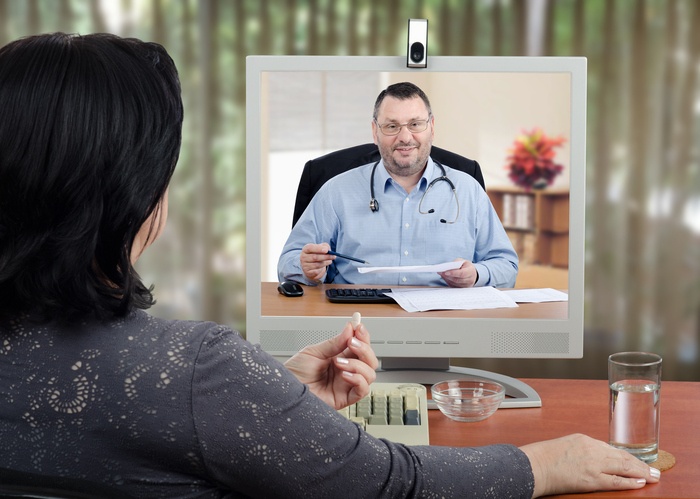The demand for primary care is increasing, largely due to the Affordable Care Act (ACA), which granted healthcare access to many who were previously uninsured or underinsured.
A study conducted by Association of American Medical Colleges projected the demand for physicians to increase by 11 percent to 17 percent between 2013 and 2025. While demand for this type of care is increasing, the current trend shows a shortage of primary care physicians.
What can private practices do to ensure they can continue to meet the needs of their patients? One way is to tap into the skills of nurse practitioners to help fill in these gaps.
The American Association of Nurse Practitioners reports that there are more than 222,000 nurse practitioners (NP) licensed in the U.S. NPs are considered advanced practice registered nurses (APRNs) which allows them to assess patients, make diagnoses and prescribe medication, with or without physician oversight dependent on location.
This article will explore the benefits these clinicians can bring to your practice and how they can help you meet the growing demand for care.








.jpg)


